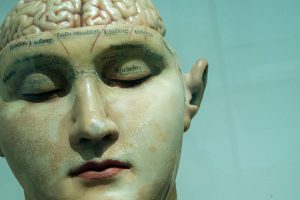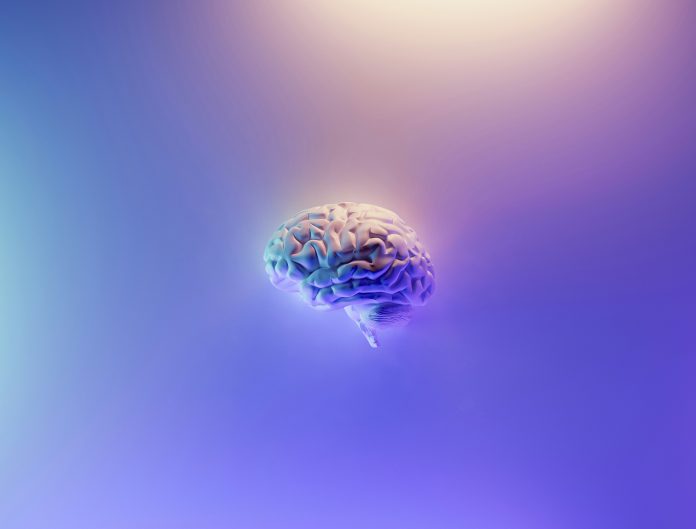Introduction
Wet brain, scientifically known as Wernicke-Korsakoff syndrome, is a neurological disorder caused by thiamine (vitamin B1) deficiency. This deficiency primarily affects individuals with chronic alcohol abuse, although it can also arise due to malnutrition or other medical conditions.
WKS is characterized by two distinct phases: Wernicke’s encephalopathy and Korsakoff psychosis.
Understanding Wernicke’s Encephalopathy:
Wernicke’s encephalopathy represents the acute phase of Wet Brain, manifesting with symptoms such as confusion, ataxia, and ocular abnormalities. It’s a medical emergency requiring immediate intervention to prevent irreversible neurological damage.
Understanding Korsakoff Psychosis:
Korsakoff psychosis, the chronic phase of WKS, is marked by severe memory impairment, confabulation, and cognitive deficits. Individuals with this condition often struggle with forming new memories and recalling past events accurately.
Symptoms of Wet Brain:
Wet Brain presents a myriad of symptoms, ranging from neurological disturbances to cognitive impairments. Some common symptoms include:
- Confusion and disorientation
- Loss of muscle coordination (ataxia)
- Visual disturbances, such as nystagmus (involuntary eye movements)
- Memory loss and amnesia
- Hallucinations or delusions
- Inability to form new memories (anterograde amnesia)
- Confabulation (fabrication of false memories)
Causes:
Chronic alcohol consumption is the primary cause of a wet brain. Alcohol interferes with the body’s ability to absorb and utilize thiamine, leading to a deficiency over time. Additionally, alcoholics often have poor dietary habits, further exacerbating the deficiency.
The primary factors contributing to this condition include:
-
Chronic alcohol abuse:
Prolonged alcohol consumption impairs thiamine absorption and utilization, leading to thiamine deficiency.
-
Malnutrition:
Poor dietary intake or conditions affecting nutrient absorption can result in thiamine deficiency, precipitating Wet Brain.
-
Gastrointestinal disorders:
Conditions like Crohn’s disease or gastric bypass surgery can interfere with thiamine absorption, predisposing individuals to WKS.
-
Hyperemesis gravidarum:
Severe morning sickness during pregnancy can lead to thiamine deficiency, increasing the risk of Wet Brain.
Diagnosis
Diagnosing a wet brain typically involves a combination of a medical history review, physical examination, and laboratory tests to assess thiamine levels. Imaging studies like MRI or CT scans may also be conducted to evaluate brain damage.
Treatment Options:
Managing Wet Brain involves addressing thiamine deficiency and its neurological manifestations. Treatment modalities may include:
- Thiamine supplementation: Intravenous thiamine administration is essential to replenish depleted levels and reverse neurological deficits.
- Nutritional support: Ensuring adequate intake of thiamine-rich foods or supplements is crucial for long-term management and prevention of recurrence.
- Symptomatic management: Medications may be prescribed to alleviate specific symptoms, such as antipsychotics for hallucinations or benzodiazepines for agitation.
Treatment of the wet brain primarily revolves around thiamine supplementation to reverse the deficiency and halt the progression of neurological damage. In severe cases, individuals may require hospitalization for intravenous thiamine administration.
Prevention
Preventing wet brain involves addressing alcohol misuse and ensuring adequate thiamine intake. Individuals at risk of thiamine deficiency, such as heavy drinkers or those with poor dietary habits, should consider supplementation under medical supervision.
Conclusion
Wet brain, or Wernicke-Korsakoff syndrome, is a serious neurological condition resulting from thiamine deficiency, primarily associated with chronic alcohol abuse. Recognizing the symptoms and seeking prompt medical intervention is crucial for managing the condition and preventing irreversible neurological damage. Through awareness, prevention, and proper treatment, individuals can mitigate the risks associated with wet brains and maintain overall brain health.
FAQs (Frequently Asked Questions):
Q: Is Wet Brain reversible?
A: Early intervention with thiamine supplementation can reverse acute symptoms of Wernicke’s encephalopathy, but Korsakoff psychosis often leads to permanent cognitive deficits.
Q: Can Wet Brain be prevented?
A: Yes, adopting healthy lifestyle choices, including moderate alcohol consumption, balanced nutrition, and regular medical check-ups, can help prevent thiamine deficiency and mitigate the risk of developing Wet Brain.
Q: What is the prognosis for individuals with Wet Brain?
A: The prognosis varies depending on the severity of neurological damage and timely intervention. With prompt treatment, some individuals may experience partial improvement in symptoms, while others may face long-term cognitive impairments.
Q: Are there any complications associated with Wet Brain?
A: Yes, untreated or recurrent episodes of Wet Brain can lead to serious complications, including permanent brain damage, coma, or death.
Q: Can Wet Brain occur in non-alcoholics?
A: While chronic alcohol abuse is the primary risk factor for Wet Brain, thiamine deficiency can also occur in individuals with malnutrition, gastrointestinal disorders, or other medical conditions affecting thiamine absorption.
Q: How is Wet Brain diagnosed?
A: Diagnosis of Wet Brain typically involves a thorough clinical evaluation, including medical history, physical examination, and diagnostic tests such as blood tests, brain imaging, and neuropsychological assessments.
Also Read: Discover How Long Does Cocaine Stay in Urine: Exploring the Accurate Detection Times
ProNervium The world’s first 100% natural solution to fix the newly-discovered scientifically-proven root-cause of your neuropathy and nerve discomfort…
Click Here to Buy
Affiliate Disclosure:
The links contained in this product review may result in a small commission if you opt to purchase the product recommended at no additional cost to you. This goes towards supporting our research and editorial team and please know we only recommend high quality products.
Disclaimer:
Please understand that any advice or guidelines revealed here are not even remotely a substitute for sound medical advice from a licensed healthcare provider. Make sure to consult with a professional physician before making any purchasing decision if you use medications or have converts following the review details shared above. Individual results may vary as the statements made regarding these products have not been evaluated by the Food and Drug Administration. The efficacy of these products have not been confirmed by FDA approved research. These products are not intended to diagnose, treat, cure or prevent any disease.




